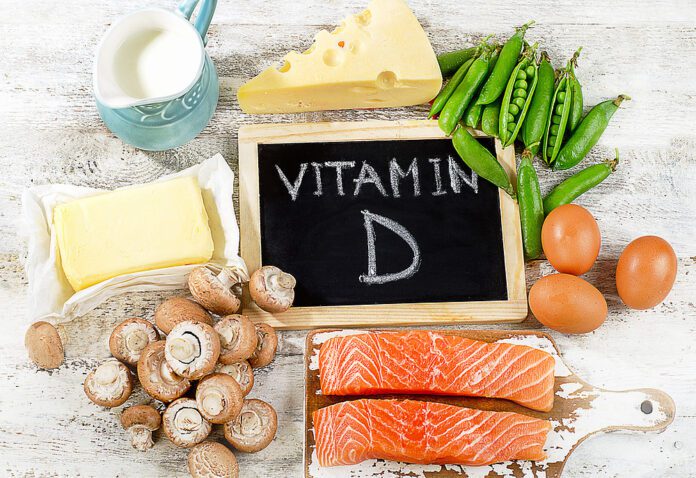Vitamin D is a fat-soluble vitamin which is commonly referred to as the sunshine vitamin. It supports a number of roles in the body. But what roles does it support and how much do you need to be healthy? In this blog, we’ll explain everything you need to know about Vitamin D and why it’s an essential nutrient.
What is Vitamin D?
Vitamin D actually comes in two forms – Vitamin D2 and Vitamin D3. The former comes primarily from plants while D3 is produced from the skin processing sunlight and converting into a vitamin. D3 is also available in certain animal-based foods and can be incorporated into your lifestyle through vitamin D tablets if you wish to safeguard your intake.
What does Vitamin D do?
The European Food Safety Authority, or EFSA, states that Vitamin D serves several functions in the body. Firstly, it supports a healthy rate of calcium absorption, which is important for our bone health, healthy muscle function, nerve function and balanced blood pressure.
Vitamin D is a key nutrient for building and maintaining strong muscles too, especially as you age, and it’s also an important factor for supporting a healthy immune system and your natural defences. New research has also shown that it could play a role in our cardiovascular health and maintaining healthy inflammatory responses.
How do I get enough Vitamin D?
As you can see, getting enough Vitamin D each day is essential for good health. The body is capable of producing most of your Vitamin D requirements through the sun, but this is dependent on the sun being strong enough to trigger the process.
The NHS recommends that we spend around 20 to 30 minutes outdoors each day, but it’s important to do so safely which means avoiding the sun when it’s at its highest and ensuring you protect your skin properly. In the winter months, or when the sun isn’t as strong, the easiest way to ensure you’re getting enough of this nutrient is through supplementation and your diet.
Vitamin D can be sourced through certain foods, although it’s usually in smaller quantities. It can be found in oily fish, egg yolks, red meat, mushrooms, butter and fortified foods, like bread and cereals. Managing your Vitamin D levels through diet alone can be hard to do correctly though, especially if you follow a vegan diet, as the majority of foods which contain it are from animal products like meat and eggs.
In these instances, a supplement will give peace of mind that you’re getting enough of this vital vitamin for your health – just make sure that in these cases, your supplement is vegan-friendly, as some supplement versions of this vitamin can be sourced from animals.
Final thoughts
Vitamin D is a key part of a healthy, balanced lifestyle, but making sure you get enough is important for your bone, muscle and immune health. If you are concerned about your Vitamin D levels, it is worth speaking to your GP who can confirm whether you’re deficient or not.
Help keep news FREE for our readers
Supporting your local community newspaper/online news outlet is crucial now more than ever. If you believe in independent journalism, then consider making a valuable contribution by making a one-time or monthly donation. We operate in rural areas where providing unbiased news can be challenging. Read More About Supporting The West Wales Chronicle



















